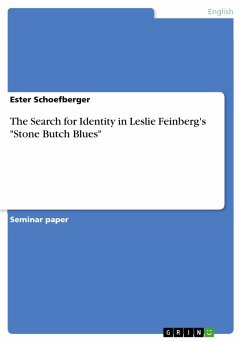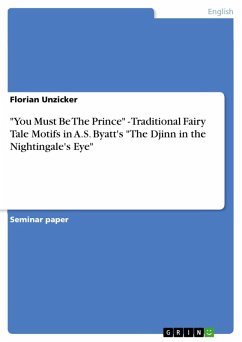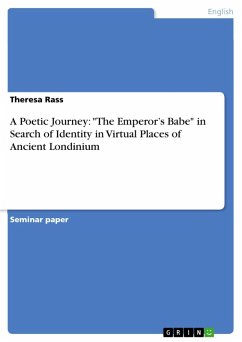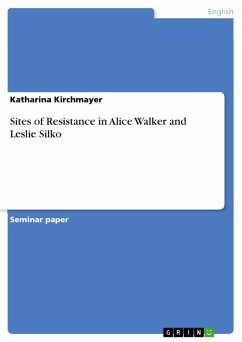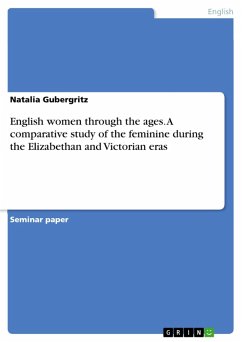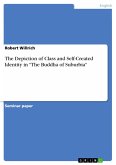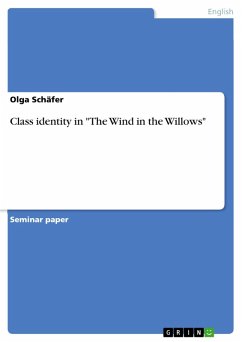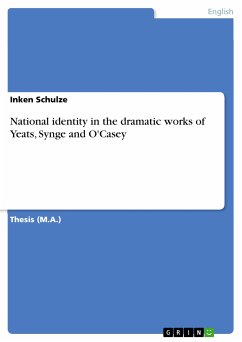Seminar paper from the year 2009 in the subject English Language and Literature Studies - Literature, grade: 1,0, Dresden Technical University (Institut Anglistik), course: HS "The Cultural Study of Masculinity", language: English, abstract: Before writing this paper, I didn't know what the term "butch" meant. I tried to find out through texts and on the Internet what it meant, and I soon found out that there were many different definitions. I lost myself in blogs of people who defined themselves as butch, and the conclusion was that the definition has to do both with femininity and masculinity. After reading Leslie Feinberg's novel Stone Butch Blues (1993), the meaning of the term was at least a little more clear. I decided to write the paper on this concept, mainly driven by curiosity. It was like looking into a room full of books and feeling the desire to read them all, with the conviction that every book had to tell a different story. I decided to call the paper "The Search for Identity in Leslie Feinberg's Stone Butch Blues" because I think that Jess's search goes beyond her self-definition as a butch. The story narrates the search for identity of an individual who has to choose between given categories. At the end, Jess chooses to refuse a stable definition, because no one fits properly. I chose to follow the main character through the search, annotating every stage and trying to find confirmation in the critique.
Dieser Download kann aus rechtlichen Gründen nur mit Rechnungsadresse in A, B, BG, CY, CZ, D, DK, EW, E, FIN, F, GR, HR, H, IRL, I, LT, L, LR, M, NL, PL, P, R, S, SLO, SK ausgeliefert werden.

